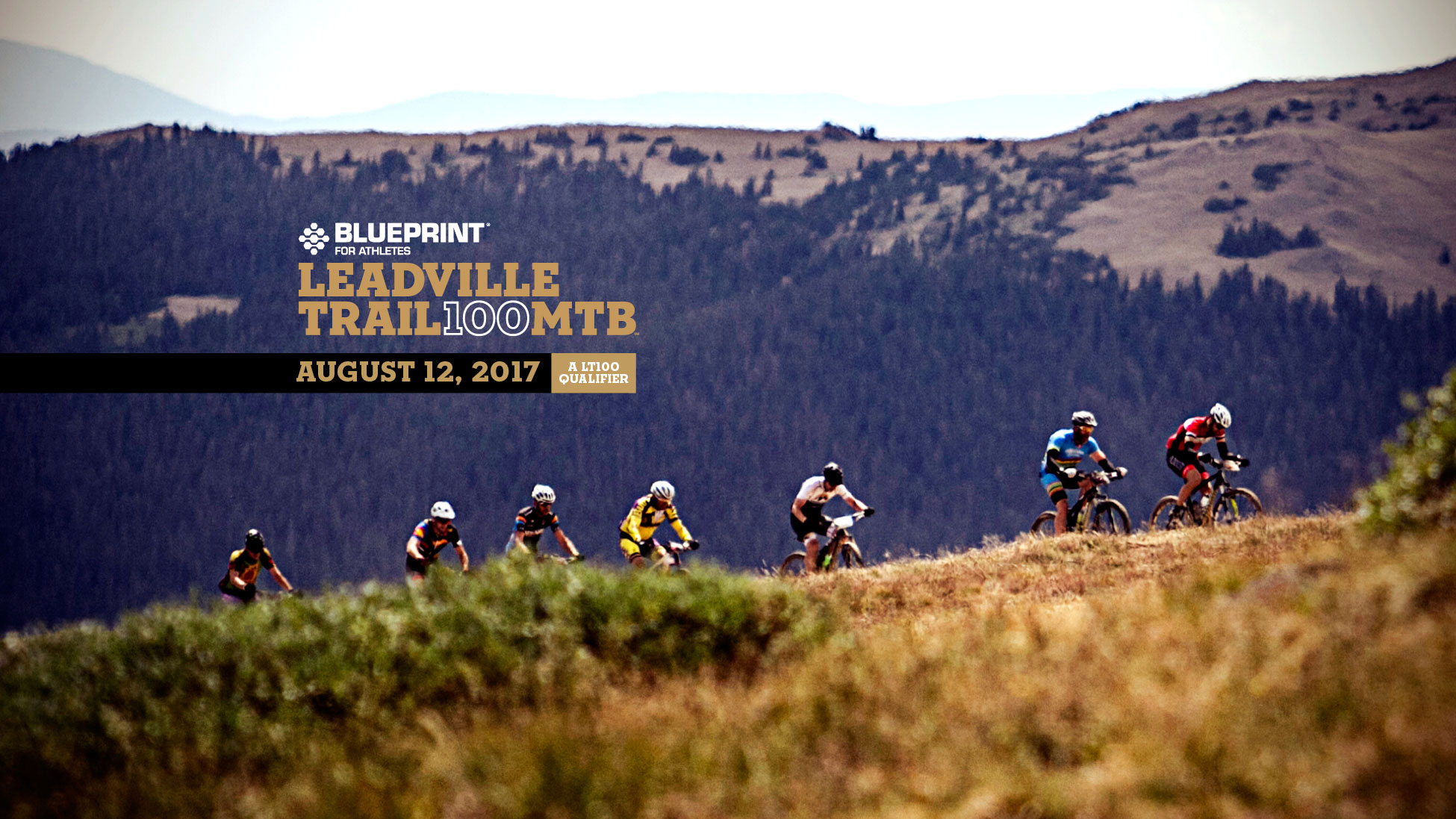Protein Types for Endurance Athletes: Which Prevails?
By Brooke Schohl, MS, RD, CSSD, METS
Whey and casein used to monopolize the protein department when it came to sports products like protein powder and bars. Now there are a whole slew of plant-based protein sources included in our sport foods. I often get the question, which one is really best? Most easily absorbed? Healthiest? Like so many areas of nutrition, the answer is highly individual.
For athletes that process dairy products well, whey and casein are good options. Plant-based proteins do not contain milk, and pave the way for easier digestion for those who don’t process dairy efficiently. Many of the vegetarian proteins are also gluten free and soy free (except for soy protein, of course). Are these plant-based proteins as efficiently utilized in the body as the animal proteins? The answer depends on the specific type of protein in question, but oftentimes the answer is yes.
Here is a breakdown of several animal and plant-based proteins included in sports products. All of these proteins can limit muscle breakdown and facilitate muscle repair/rebuilding post-workout:
WHEY PROTEIN
Complete protein made from milk, easily digestible unless there is a dairy allergy present. Whey protein isolate is higher in protein then whey protein concentrate.
CASEIN PROTEIN
Casein is absorbed more slowly than whey; it helps athletes to stay full longer. It is also derived from milk.
PEA PROTEIN
Beneficial for people with active lifestyles due to its lysine and arginine content. Pea protein contains essential (body cannot produce) and non-essential (body can produce) amino acids.
HEMP PROTEIN
A near complete protein – contains most of the essential amino acids to be considered “complete.” Contains omega-6 fatty acids and fiber.
SAVISEED PROTEIN
A.k.a Sacha Inchi seed – richest plant-based source of omega-3 fatty acid (17x more per ounce than sockeye salmon!).
FLAX PROTEIN
Contains fiber and omega-3 fatty acids. This protein is not complete; it is missing some of the essential amino acids.
SPROUTED WHOLE GRAIN BROWN RICE
Reduced gluten through the sprouting process, making for easier digestion. Contains insoluble fiber, which helps to prevent elevated cholesterol. It can be paired with other plant-based protein to be considered complete.
SOY PROTEIN
Complete vegetarian protein, but shouldn’t be used exclusively as there are drawbacks (i.e. can cause gas and bloating due to the action of trypsin, linked to breast cancer). Soy protein isolate is higher protein than soy protein concentrate.
Barring a dairy allergy or vegetarian/vegan diet, the milk proteins are perfectly fine to use for protein replenishment. However, some sources have found that the plant-based proteins help fight inflammation, reduce muscle soreness and are more easily digestible than milk or dairy-based proteins. I recommend trying different protein sources and seeing which works best. And always remember: Real food first, sports products only when truly necessary.
Brooke Schohl, MS, RD, CSSD, METS Level II is a sports dietitian and the owner of Fuel to the Finish Endurance Nutrition Coaching in Scottsdale, Arizona. She is an avid triathlete, having completed many triathlons of all distances including three IRONMAN races. She integrates that personal experience and knowledge into developing customized, sport-specific, metabolically efficient fueling plans for her clients. Brooke and her husband, John, own Destination Kona Triathlon Store in south Scottsdale, Arizona. For more information on services and offerings, visit her website at www.fueltothefinish.com.



